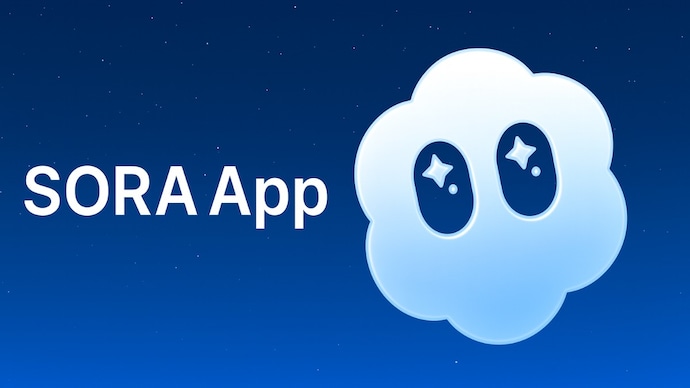
OpenAI’s latest innovation, Sora — the revolutionary AI-powered video generator — has taken the internet by storm. Within days of the official invite-only app’s release for iPhones, the apple App Store was inundated with dozens of fake Sora apps attempting to cash in on the hype. According to TechCrunch, these clones are designed to deceive users and profit from Sora’s meteoric rise in popularity.
Sora represents OpenAI’s most ambitious consumer launch since ChatGPT, and it has already broken records by reaching over one million downloads faster than ChatGPT’s original debut. However, this rapid success attracted opportunistic developers who released deceptive applications under names like “Sora,” “Sora 2,” and similar variations, tricking users into thinking they were downloading the real OpenAI app.
Fake “Sora” Apps Generate Huge Downloads and Revenue
Data from analytics firm Appfigures revealed that within days of the official app’s release, more than a dozen fake apps bearing the Sora name appeared on the App Store. Many were rebranded versions of old, inactive apps suddenly renamed to exploit OpenAI’s fame. Some even used keywords like “Sora 2” to mimic the real model and boost visibility in search results.
One of the most downloaded imposters, “Sora 2 – AI Video Generator,” alone racked up over 50,000 downloads. Combined, these fake Sora apps amassed approximately 300,000 installations across ios and Android, with over 80,000 downloads occurring after the official Sora app launched. Together, these clones reportedly generated over $160,000 in revenue before Apple began removing them from the store.
Apple’s Screening Process Under Fire
The surge of counterfeit apps has reignited scrutiny of Apple’s App review process. Despite OpenAI holding the “Sora” trademark and the name being globally recognized in the tech community, the fake apps somehow passed Apple’s verification filters and were made publicly available for download.
Although Apple has now removed many of the offending apps, a few still remain. For example, “PetReels — Sora for Pets” has only gained a few hundred downloads, while another app called “Viral AI Photo Maker: Vi-sora” continues to circulate with minimal visibility. These remnants show that even with Apple’s cleanup, the store is not yet free of imitation Sora apps.
Renowned tech commentator John Gruber dubbed one of these fakes the “App Store scam of the week,” highlighting how blatant the misuse of OpenAI’s brand had become. Interestingly, some of these imposters, like “Sora 2 – Video Generator AI,” still remain accessible and have gathered more than 6,000 downloads despite the controversy.
Clone Apps Reflect Sora’s Viral Popularity
The speed at which these imitation apps appeared underscores the immense global demand for Sora. Even ChatGPT, which also saw a wave of clone apps at its initial release, did not trigger such a rapid or large-scale influx of imposters. The trend highlights how OpenAI’s expanding influence has made its new products instant targets for exploitation.
OpenAI and Apple Yet to Comment
So far, OpenAI has not issued any official statement regarding the fake apps, while Apple has declined to respond to media inquiries about how so many imposters were approved and whether the remaining clones will be permanently removed.
The company’s silence has left users confused about which version is authentic. Experts warn users to remain vigilant and download apps only from verified publishers. Currently, the real Sora app remains invite-only, and any version publicly available for download on the App Store is most likely a scam.
The Sora incident serves as a strong reminder of the vulnerabilities in app store ecosystems and the growing risks associated with AI-based app scams. As OpenAI’s AI tools continue to reshape the digital world, both Apple and users must adapt quickly to prevent fraud and protect data privacy.
For breaking news and live news updates, like us on Facebook or follow us on Twitter and Instagram. Read more on Latest Technology on thefoxdaily.com.





COMMENTS 0